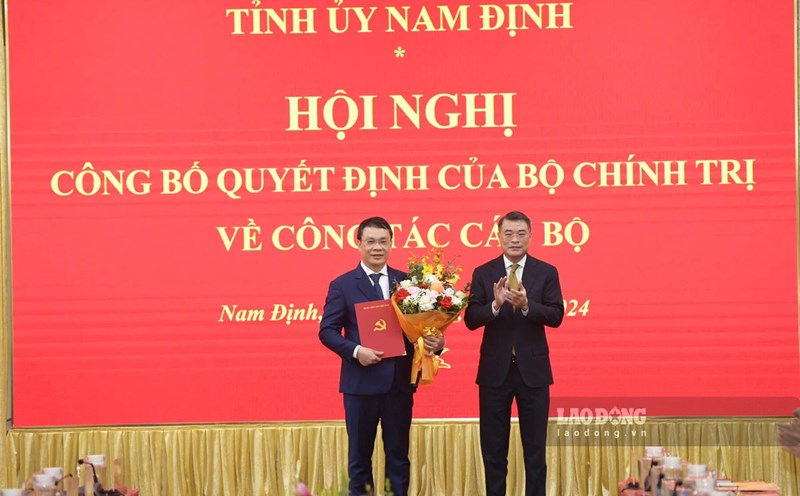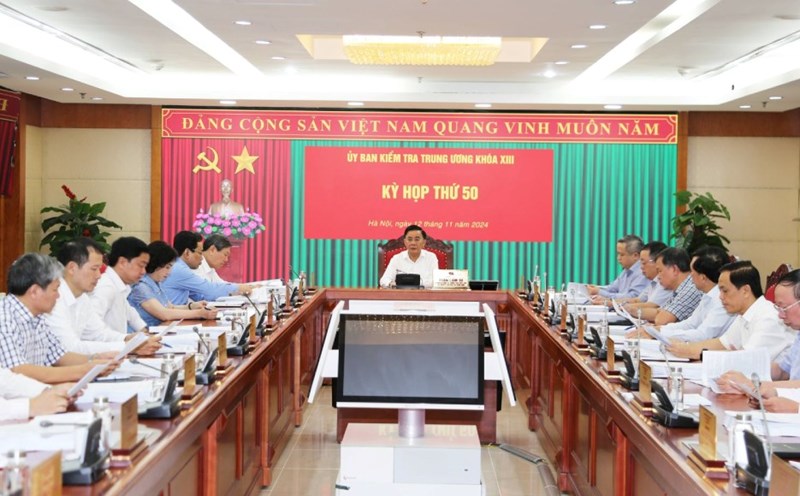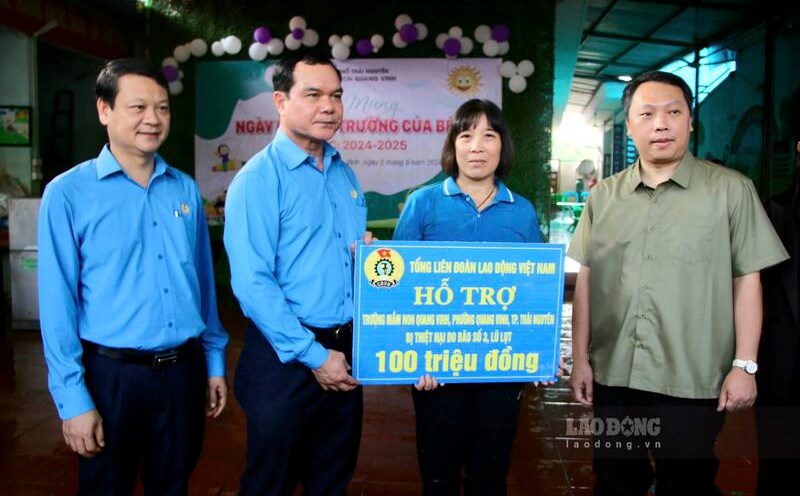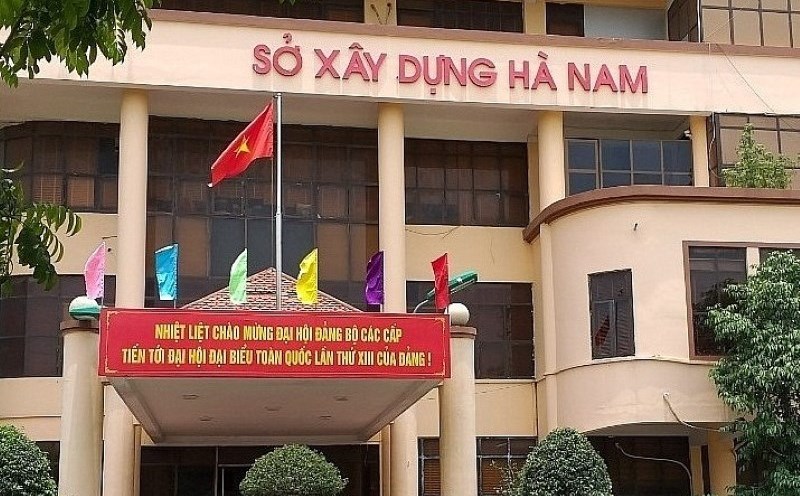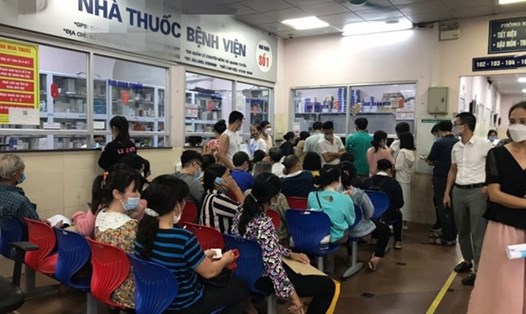Still lacking local medicine and medical supplies
For about 2 months now, Mrs. Tran Thi Dung, 65 years old, in Tan Phu district, Ho Chi Minh City, who has type 1 diabetes, has had to buy insulin pens from outside pharmacies because the hospital has had a supply shortage (only vial insulin is left). Another medicine that Mrs. Dung's family needs, Immunoglobulin (IVIG), must also be purchased from outside to treat autoimmune encephalitis.
The medical facility where Ms. Dung and her family were treated gave the reason that no supplier participated in the bidding, so the hospital could not buy IVIG. The above drugs are all on the health insurance list, and patients should be entitled to this benefit according to regulations.
Even at Viet Duc Friendship Hospital, patients still have to buy their own IV lines, dressing solutions, syringes, etc. according to the doctor's prescription to prepare for surgery. These are common and popular medical supplies that seem not to be a concern for patients when they go to medical facilities for examination and treatment. However, at many times and for many reasons, central public hospitals do not have them available, or do not have enough to provide for treatment needs.
The mechanism has opened, what to do to avoid drug shortage?
Minister of Health Dao Hong Lan said that in recent times, in order to overcome difficulties and obstacles in procurement, bidding and the shortage of drugs, supplies and medical equipment; the National Assembly, the Government, the Ministry of Planning and Investment, and the Ministry of Health have issued many legal documents and guidance documents on bidding in general and bidding for the purchase of drugs and medical equipment; creating a unified and synchronous legal framework, contributing to removing difficulties and obstacles in the process of implementing bidding activities, selecting contractors and investors, especially the procurement of drugs, testing supplies and medical equipment.
The Ministry of Health requires heads of medical examination and treatment facilities to promote and strictly manage the organization of procurement and bidding, ensuring publicity, transparency, efficiency, and avoiding waste; and to take responsibility if there is a shortage of drugs, chemicals, testing supplies, medical equipment, and related services...
Mr. Hoang Cuong - Deputy Director of the Department of Planning and Finance (Ministry of Health) - admitted: Through inspection and review, we found that there was a shortage of drugs and medical supplies in some hospitals due to the fact that in early 2024, hospitals applied the new Bidding Law, so the application was delayed. Some bidding packages had regulations that were not in accordance with the regulations on bidding packages, leading to bid cancellation.
Basically, the work of ensuring medicine and medical supplies is meeting the demand.
As a top-level hospital, at this time, medicines and medical supplies are basically guaranteed, but Associate Professor, Dr. Dao Xuan Co - Director of Bach Mai Hospital - is concerned: Currently, the hospital ensures essential medicines and supplies, especially equipment. With current legal documents, the immediate difficulties have been resolved.
However, in reality, there are still problems such as price management. There needs to be a policy on drug and medical supplies prices. The current bidding and purchasing process has the risk of buying at high prices. Hospital leaders cannot know the real price of a device or a drug. When purchasing based on quotes from businesses or winning bids, there is still a risk that the price is not reasonable. Hospitals are very worried, so price management needs to have strict regulations so that hospitals can be confident in purchasing.
In addition, it is necessary to calculate correctly and fully hospital fees to operate public hospitals effectively.
Mr. Cuong said that although the mechanism is in place, some problems have arisen during implementation. Recently, the Government assigned the Ministry of Health the task of continuing to review and propose amendments according to its authority to the content that is still problematic during implementation or is not suitable to reality.



